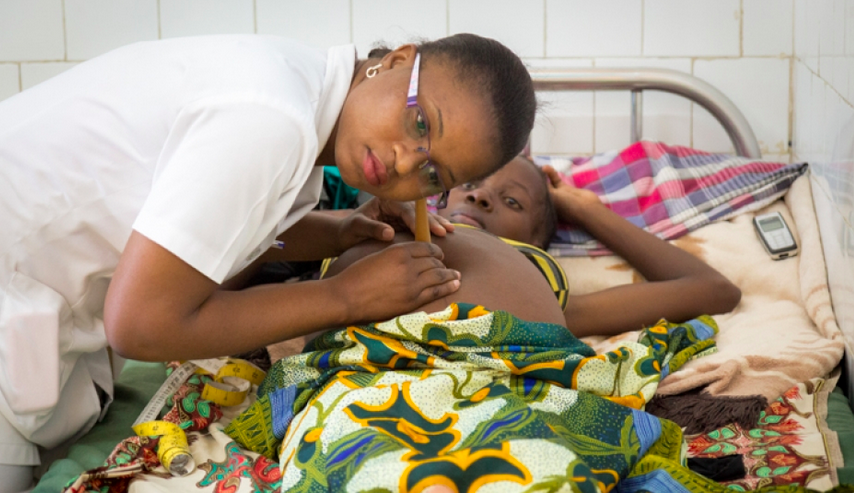“Storytelling is a type of data we do not use in public health,” stated former Pulitzer Center student fellow Poonam Daryani at the annual Pulitzer Center - Global Health NOW communications panel. She was speaking about her experiences reporting from Brazil on the long-term health, social, and economic impacts of Zika on children and their families. By reporting on the issue as a journalist rather than academic, Daryani realized how stories can be used to share health issues with a lay audience.
Translating research is an ongoing challenge despite being vital for the success of public health campaigns and funding. The technical and specialized language and images used in academic publications and presentations are ill-suited to engage the public and often serve as a barrier to people interacting with health officials, researchers, and practitioners. The Pulitzer Center partners with universities and professional organizations to address this critical issue through symposiums, class visits, workshops, reporting fellowships, film festivals, and curriculum.
Each year, the Pulitzer Center and Global Health NOW close out the annual Consortium of Universities for Global Health conference with a global health communications workshop featuring health science journalists and editors. In addition to Daryani, the 2018 panel included Pulitzer Center grantees Rebecca Hersher, who spoke about the power of audio reporting, and Allison Shelley, who talked about how to foster empathy and intimacy with images. Global Health NOW editor Brian Simpson concluded the event by presenting on the does and don’t of pitching to an editor or journalist.
All of the panelist answered questions from participants about building relationships between global health experts and journalists, the ethics of health reporting, and advice on how to reach the public. While the workshop was the one event specifically on global health journalism, speakers and audience members brought up these same issues in multiple sessions throughout the conference. Health practitioners, researchers, and officials increasingly recognize that communicating with the public is an skill they need to learn. In the final plenary panel, science writer Laurie Garrett proposed incorporating communications education into global health training “because we are losing the war to anti-science.” It is not enough to talk with other academics at conferences according to Garrett, scientists must also engage the public just like the vaccine resistance movement and climate change deniers.
The Pulitzer Center partners with schools of public health and global health programs to design health communications curriculum and on-campus events through our Campus Consortium network. From an afternoon symposium on surgery at the Johns Hopkins Bloomberg School of Public Health to Global Health Week at Washington University in St. Louis, we work with faculty, students, and staff to design programming that fits the needs of the community and help them learn how to communicate their research and experiences to a non-academic audience.
Our next Campus Consortium event is a day-long global health communications workshop at McGill University Global Health Programs. In addition to in person events, we offer Skype opportunities with journalists. The Pulitzer Center also partnered with faculty members and research assistants to design four in-depth global health storytelling lesson plans. You can view them and over 100 public health related lesson on our free Lesson Builder platform.
If you are interested bringing the Pulitzer Center to your campus or if you have any questions, contact Dr. Rebecca Kaplan.
